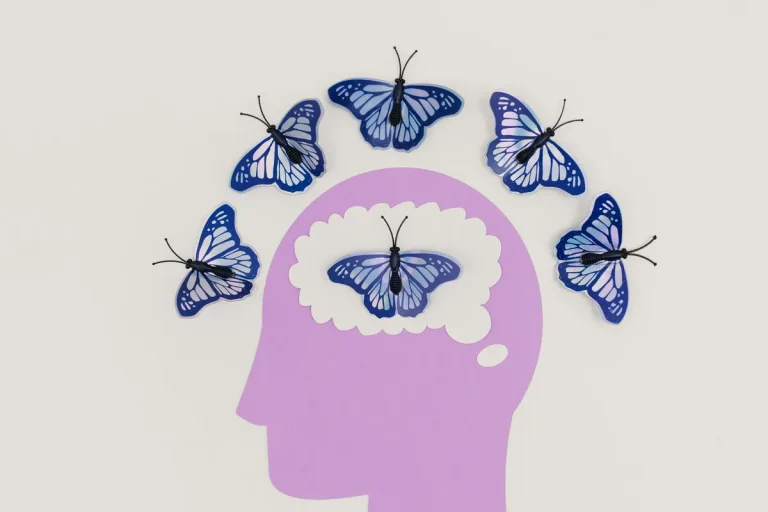We live in a world where being “always on” is the norm. Notifications buzz, emails pile up, and social media scrolls endlessly. Our phones are the first thing we reach for in the morning and the last thing we touch before bed. And while technology connects us, it also quietly drains us.
Digital detox isn’t just a wellness trend—it’s a radical act of self-care. It’s about stepping back from the noise, tuning into yourself, and remembering what it feels like to be fully present. If you’ve ever felt burnt out, overstimulated, or just plain tired of screens, this is your invitation to log off and breathe.
The Hidden Cost of Constant Connectivity
Let’s start with the obvious: being online all the time is exhausting. Our brains weren’t built to process this much information, this fast, for this long. The constant stream of updates, messages, and alerts creates a low-grade stress that never quite switches off.
Studies have linked excessive screen time to anxiety, sleep disruption, and reduced attention span. But beyond the science, there’s something deeply human at stake: our ability to be still, to reflect, and to connect in real life.
What a Digital Detox Actually Looks Like
You don’t need to disappear into the woods for a week (though that sounds lovely). A digital detox can be simple and flexible. It’s about creating intentional boundaries with your devices—ones that support your mental health and your relationships.
By signing up, you agree to receive emails from RealFit Wellness. You can unsubscribe anytime. See our Privacy Policy.
Your Weekly Wellness Boost
Here are a few ways to start:
Notification cleanse: Turn off non-essential alerts.
Tech-free mornings: Delay screen time for the first hour of your day.
Offline evenings: Power down devices an hour before bed.
Social media sabbaticals: Take a weekend (or longer) off from scrolling.
The Mental Health Benefits of Logging Off
When we unplug, something shifts. Our nervous system gets a break. Our thoughts slow down. We stop comparing ourselves to curated feeds and start noticing what’s real.
Digital detox has been shown to reduce stress, improve sleep, and boost mood. It also helps restore our attention span, which gets fragmented by constant multitasking. But perhaps most importantly, it gives us space to feel—without distraction.
Reclaiming Time and Presence
One of the biggest gifts of logging off is time. Time to read, to rest, to cook, to talk, to think. Time that isn’t swallowed by endless scrolling or reactive messaging.
When we’re not glued to screens, we become more present. We notice the way the light hits the wall, the sound of birds outside, the way our coffee tastes. These small moments—often missed—are where life actually happens.
Building a Sustainable Digital Ritual
Digital detox isn’t about quitting tech forever—it’s about using it intentionally. It’s about creating rituals that support your well-being, not sabotage it.
Try this:
Replace screen time with analog joy—books, music, art, nature, conversation.
Set screen-free zones in your home (like the bedroom or dining table).
Schedule unplugged time into your week, just like you would a workout.
Final Thoughts
Logging off isn’t about missing out—it’s about tuning in. It’s about remembering that your worth isn’t measured in likes, your peace isn’t found in pixels, and your presence is the most powerful thing you can offer.
Digital detox is the new self-care because it’s not just about escape—it’s about return. Return to yourself. Return to stillness. Return to what matters.






